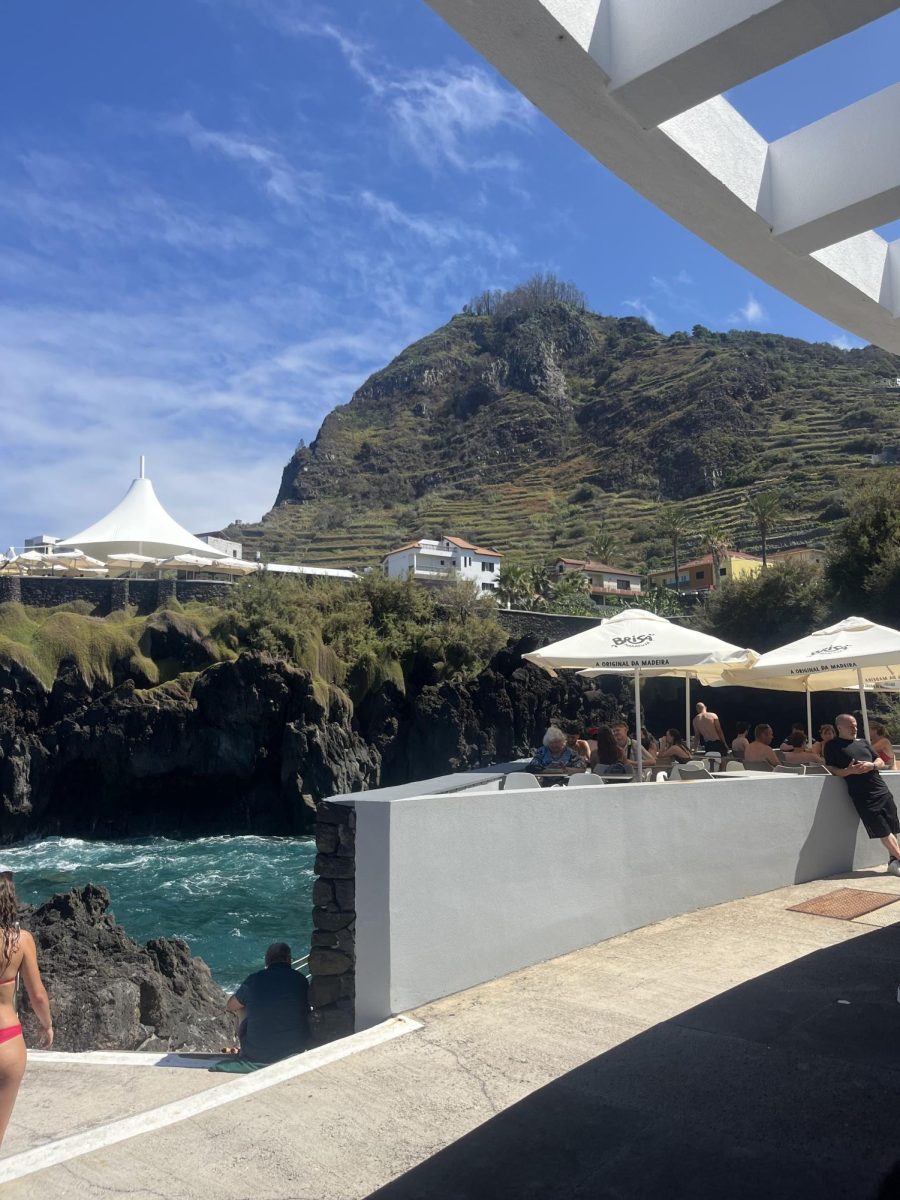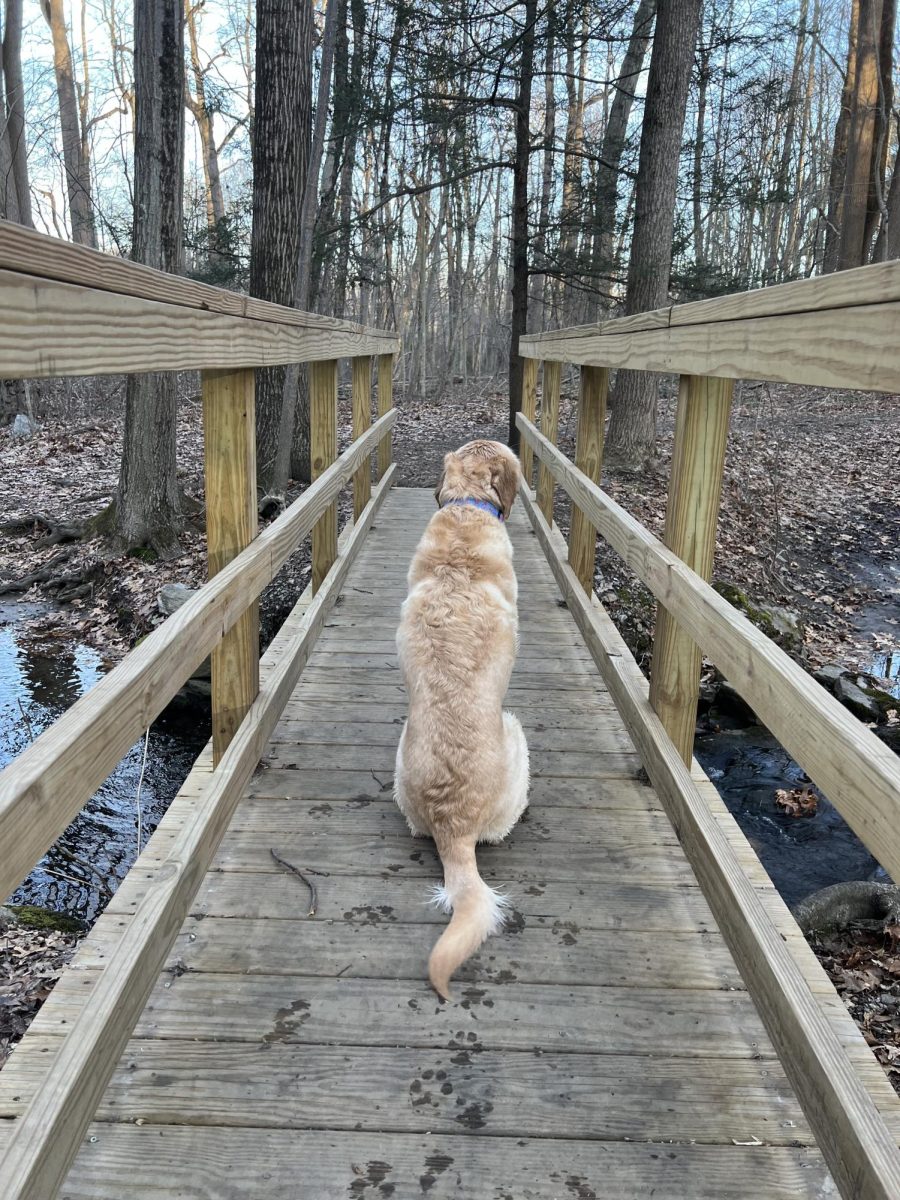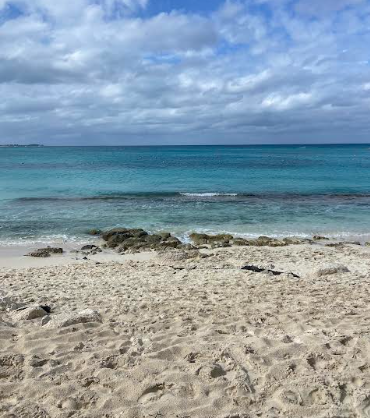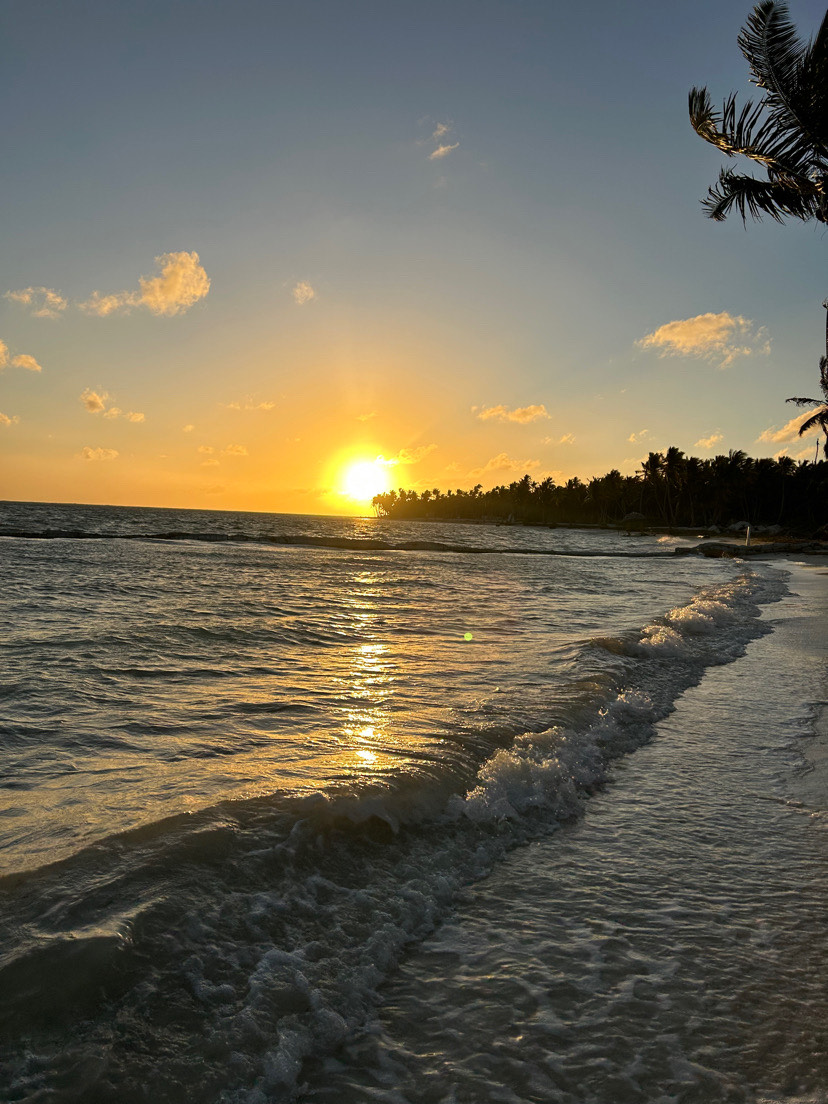Savannah Mailloux
Staff Writer
War photographer Lynsey Addario has published her own memoir about her times covering the 2011 civil war. Addario references her brushes with death from being sexually assaulted in conflict areas to her struggle to remain a strong individual. She began freelance work for the New York Times and National Geographic, gradually working her way up to her first trip to Afghanistan in 2000. Her writing, as beautiful and detailed as her photographs, sets the scene for her many troubling and admirable experiences.
Her connection to Connecticut is interesting. Growing up with an Italian-American family, she started taking pictures at the age of 13 with a simple Nikon 35 mm camera that her father gave her. Her first photography job was at a newspaper in Argentina in her 20s. The events unfold, chronologically, to explain how her career choice affected relationships with loved ones. With long hours and small amounts of time off, she discloses how difficult it was to maintain proper relationships with the people she cared about. Aside from that, it was also difficult to maintain a strong front while witnessing chaos around the world. Risking your life everyday to portray the brutalities in the Middle East can begin to take a toll on anyone.
After September 11, she was asked to return to Afghanistan. She invokes, in her photographs, the innocent casualties. Addario also discusses her kidnapping by pro-Qaddafi forces in the Libyan civil war. She makes readers feel something, empathy for the most part, while she tells her story.
In response to whether she continues her job for adrenaline, she says, “I think — I think, as a person who has done — covered conflict for the last 15 years, I didn’t voluntarily just start covering war to be a war photographer. There were the issues that I felt were important. I would go to cover the issues. And then at some point, I would get pulled into the actual combat because it was part of the story. But for me, it’s more about being there, bearing witness to history, bearing witness to what’s happening, what our country, the position our country is taking overseas. I want policy-makers to see the fruits of their decisions, basically, and to try and influence foreign policy.” It seems much more personal to Addario, a commitment to her country and hers elf. She wants to show what happens when leaders make important decisions and the effect it produces.
elf. She wants to show what happens when leaders make important decisions and the effect it produces.
In a photojournalism world dominated by men, she makes a name for herself. Determined to prove her colleagues wrong, she expresses the fear and anxiety that is associated with the growing tension between the United States and the Middle East. There is always a struggle for women to be taken seriously, in any industry. Addario told NPR,“In those moments, I’m very aware of my gender, and I’m sure my colleagues were not. I’m sure the last thing they were thinking of is, ‘Oh, we’ve got a girl in the car,’ but I always was, because it’s such a man’s world that I work in. And so I didn’t — I was ready to leave, and I didn’t want to say anything.” Addario exemplifies courage and bravery in the face of adversity.








